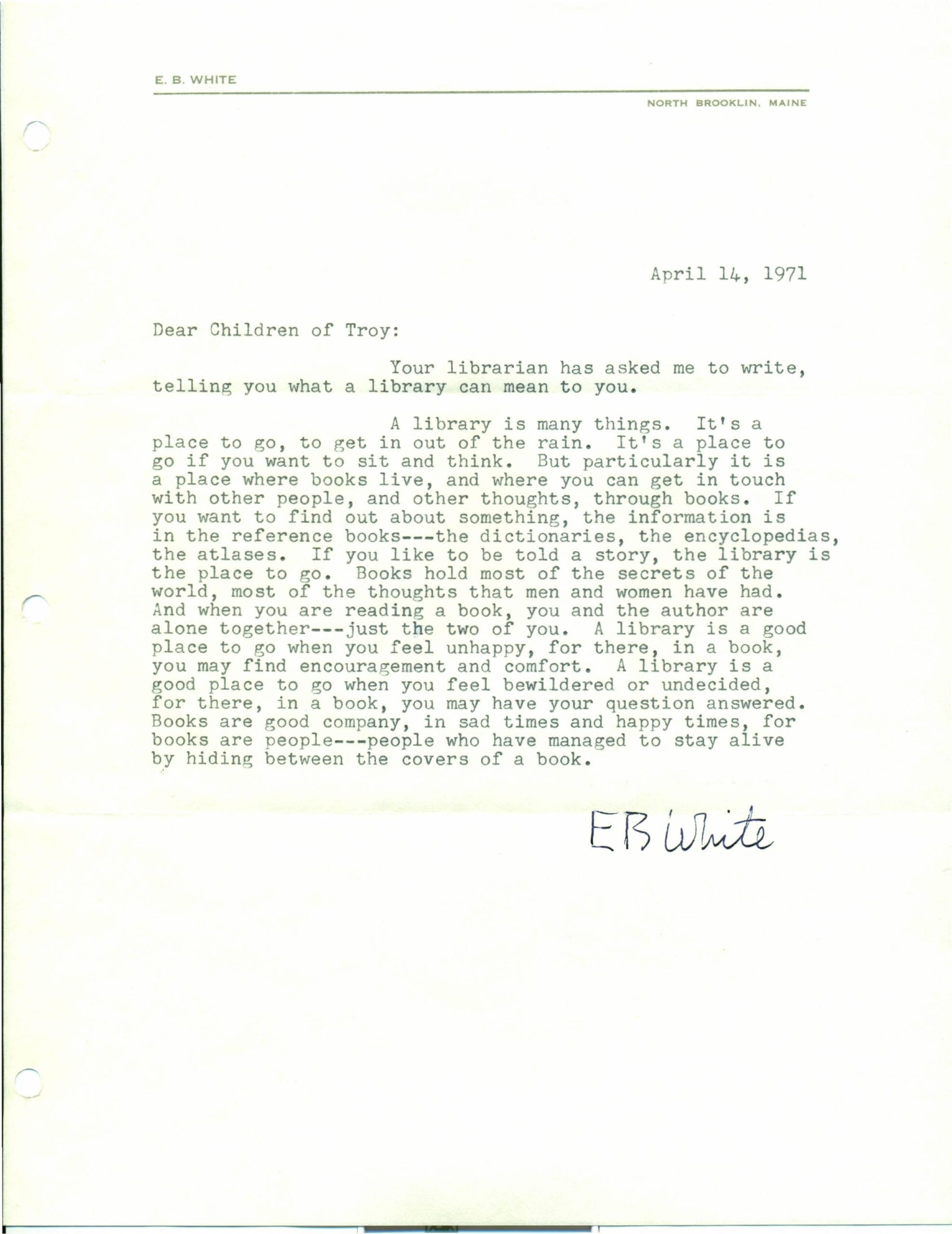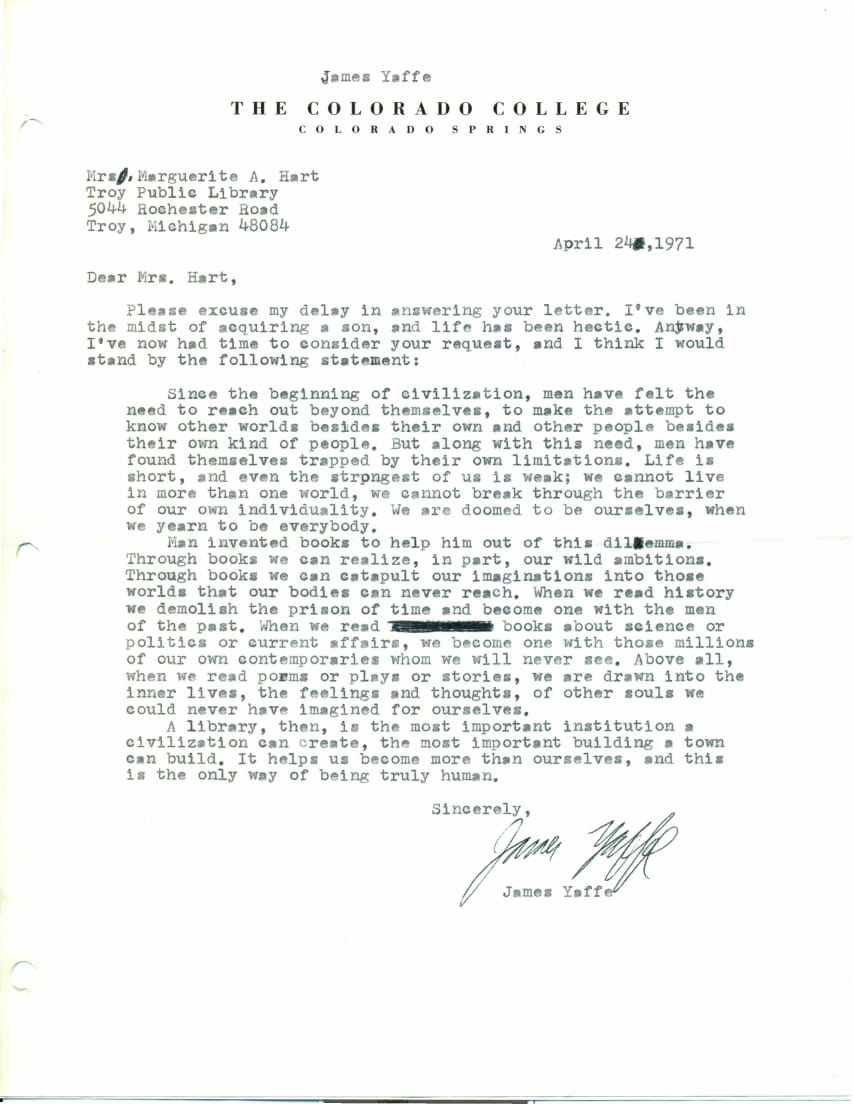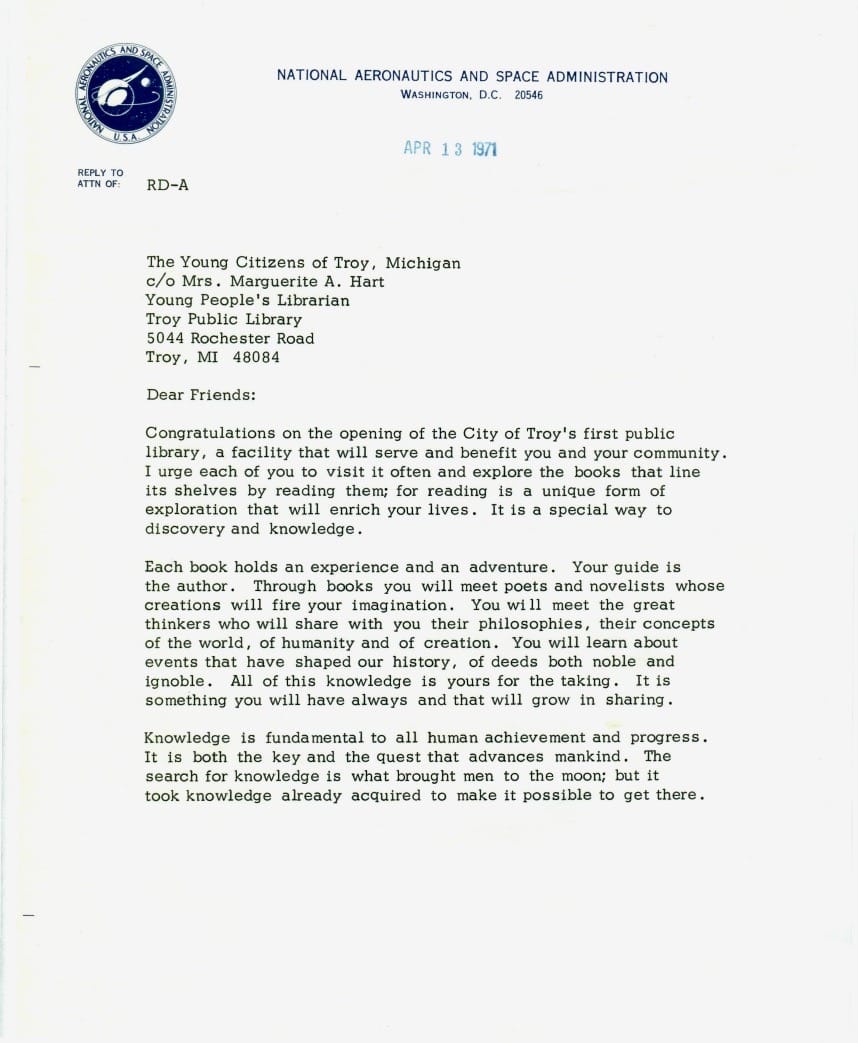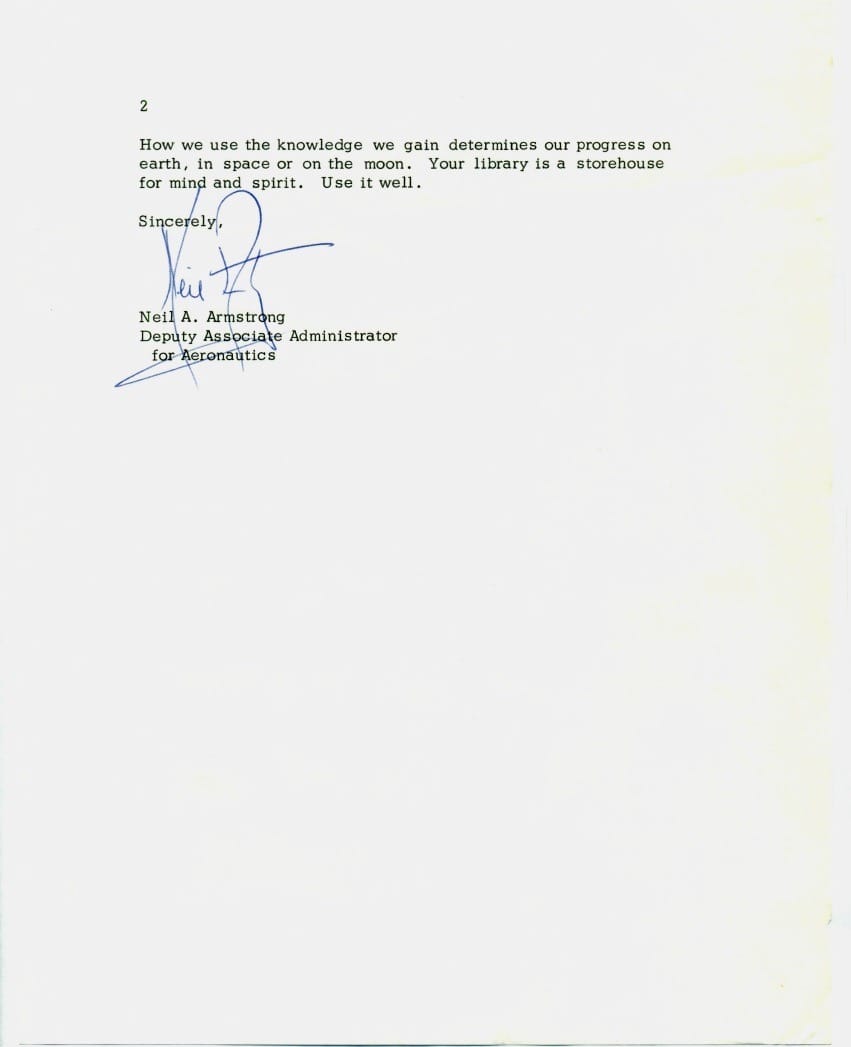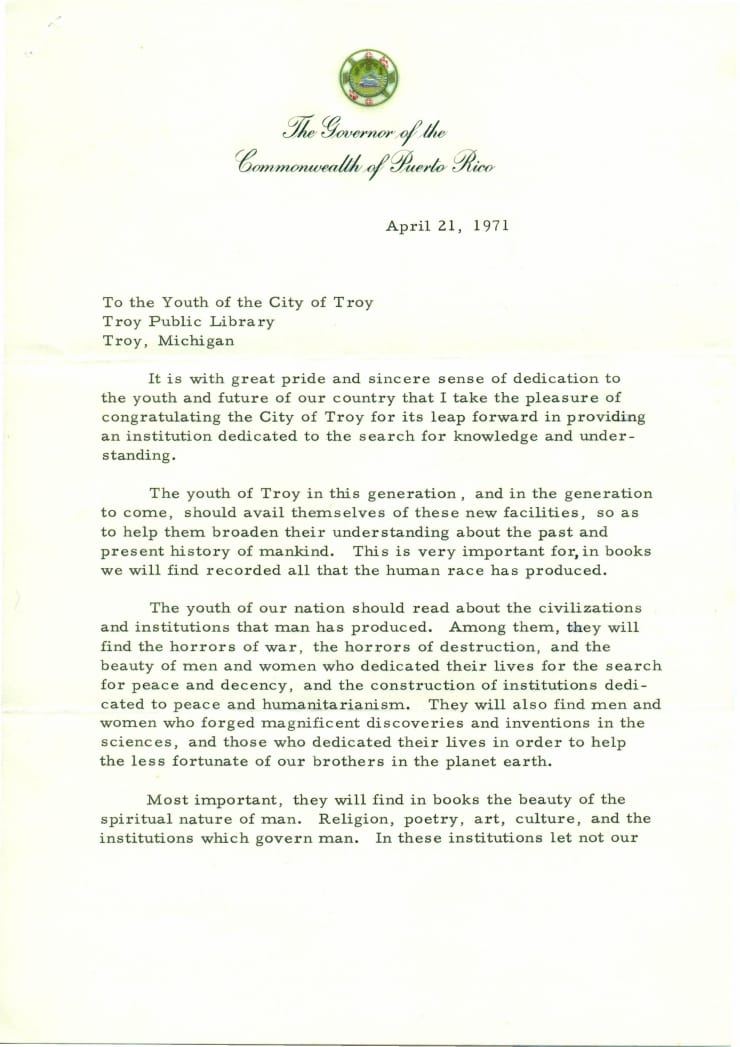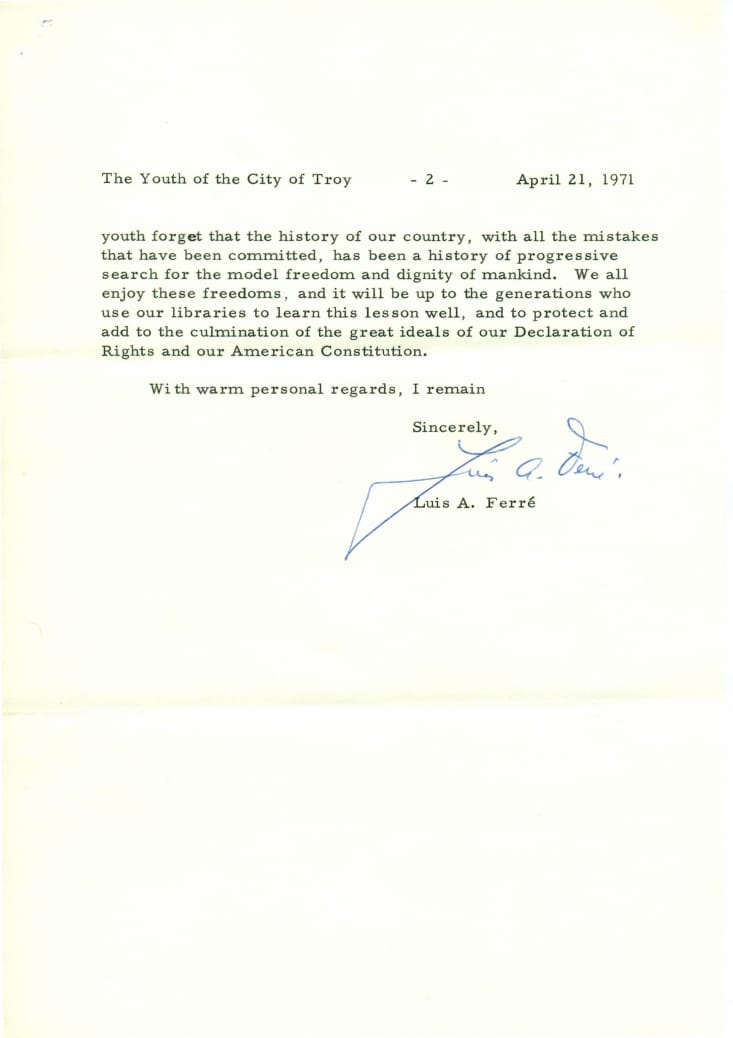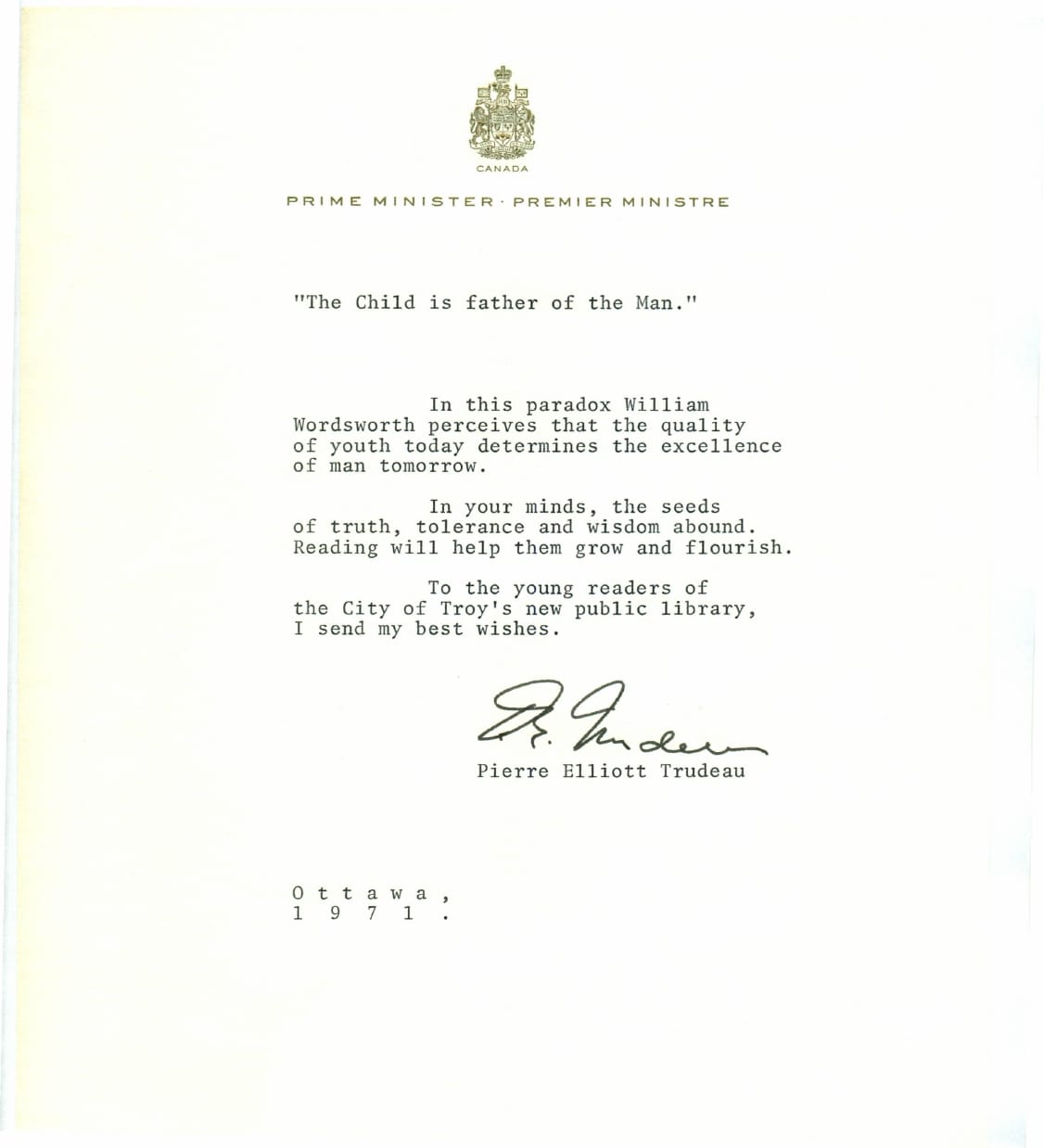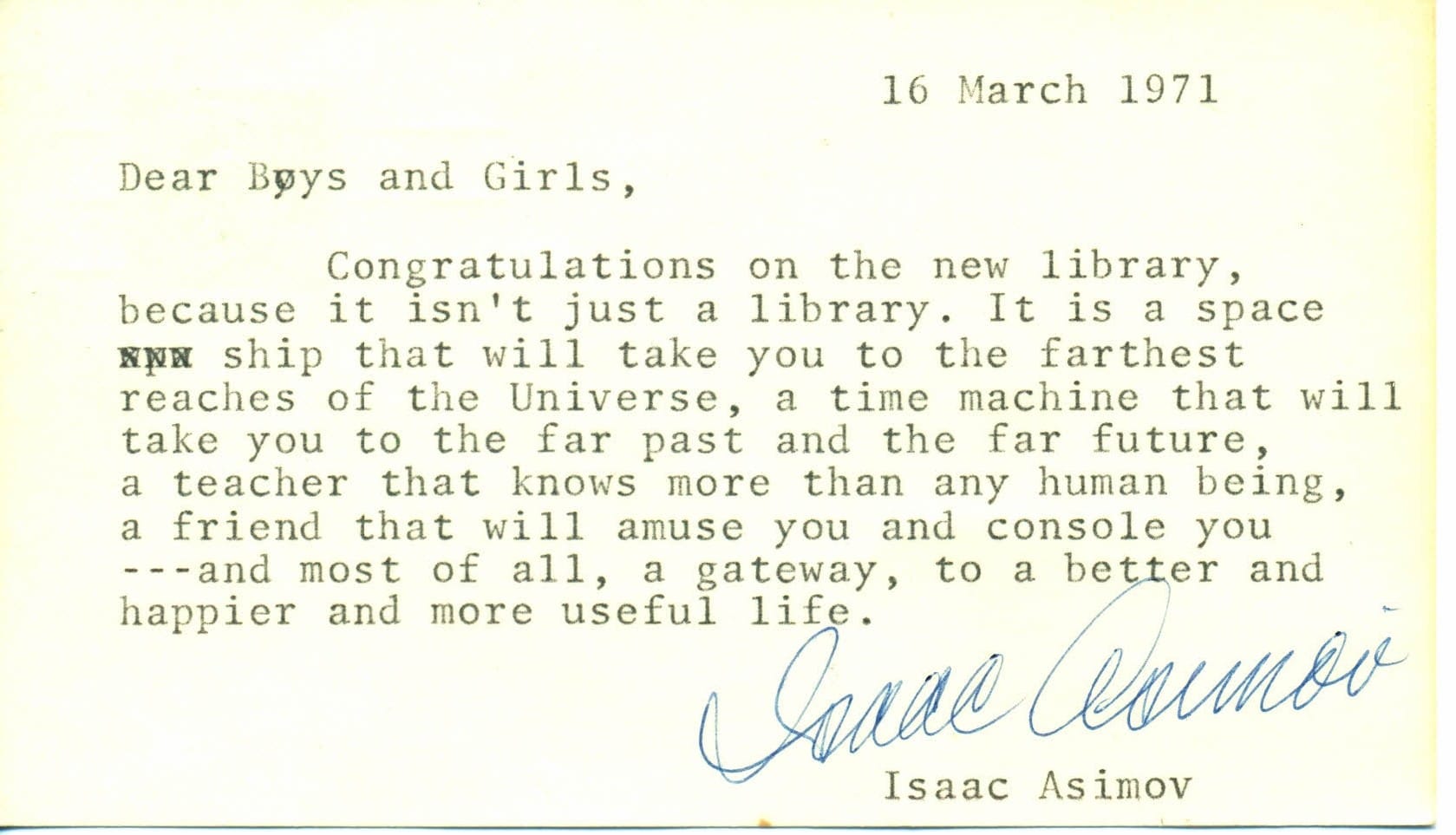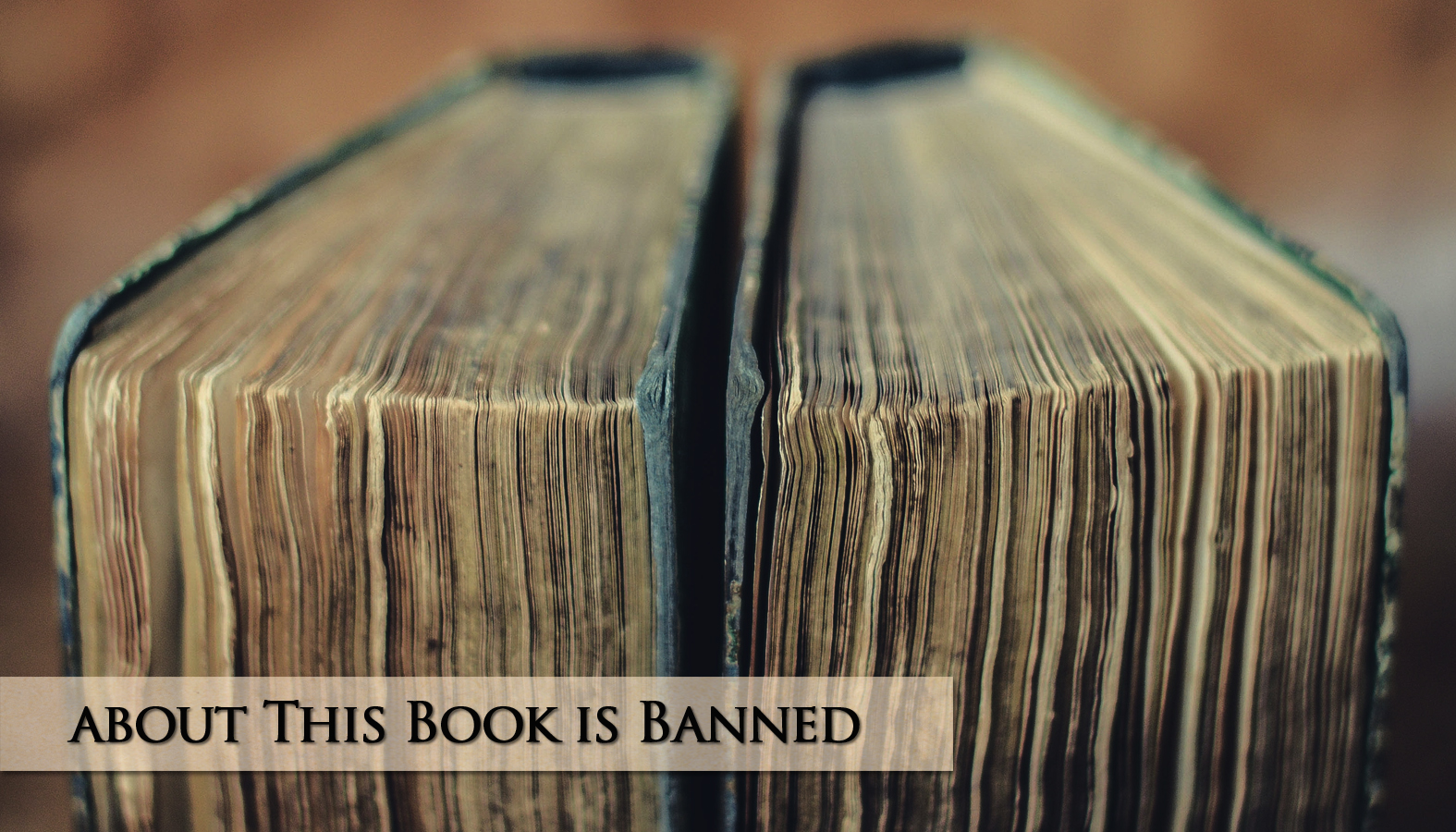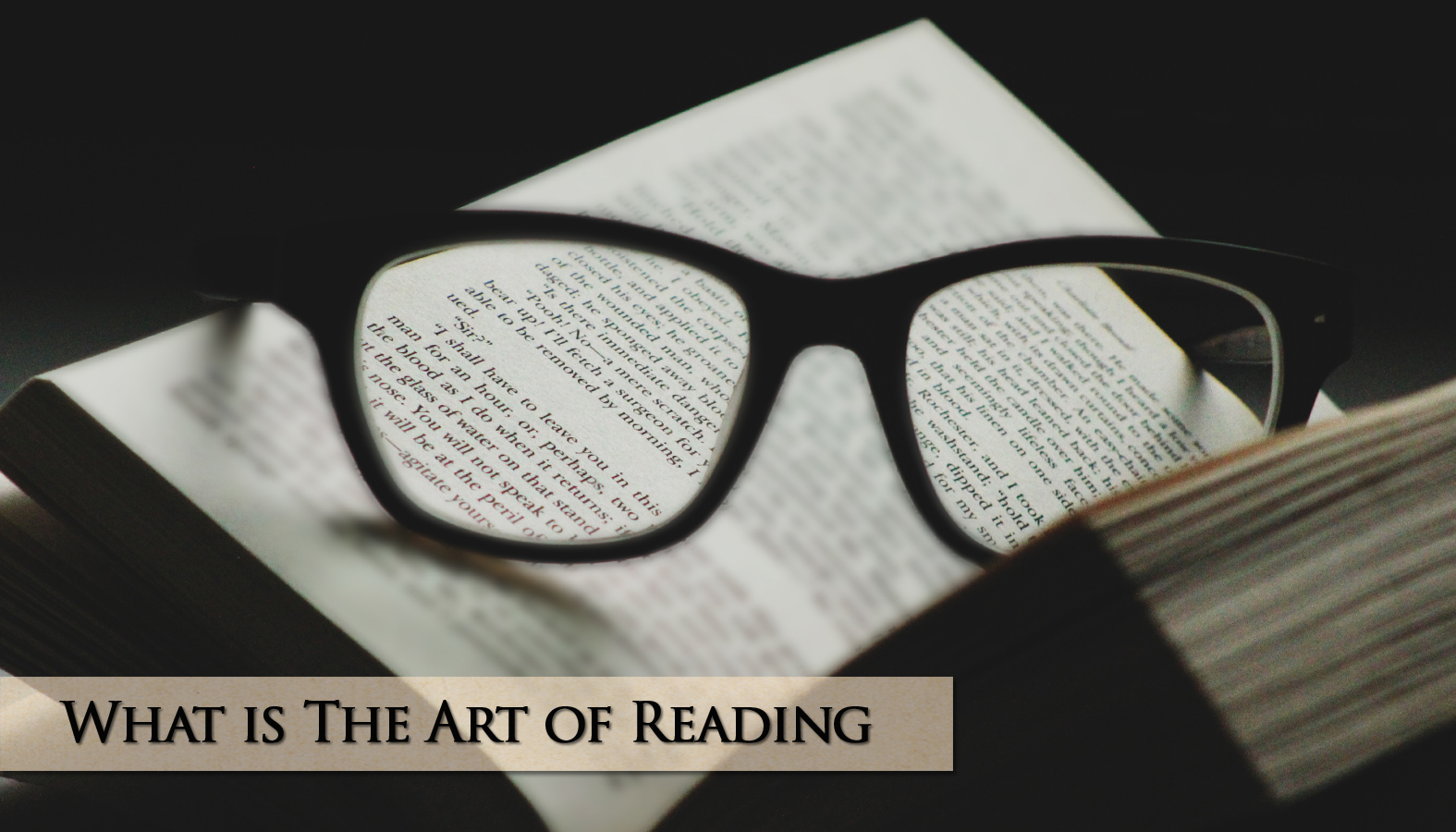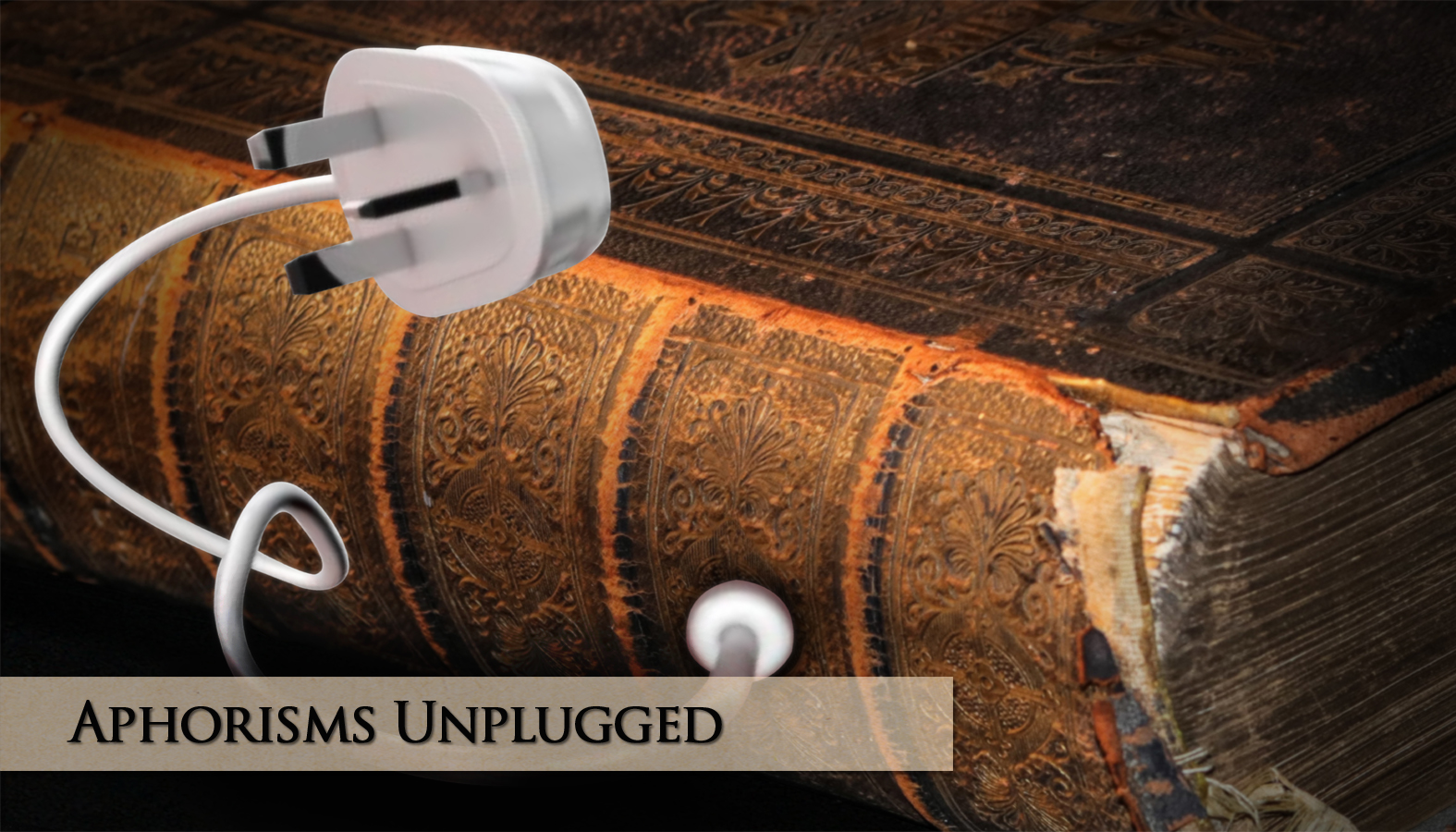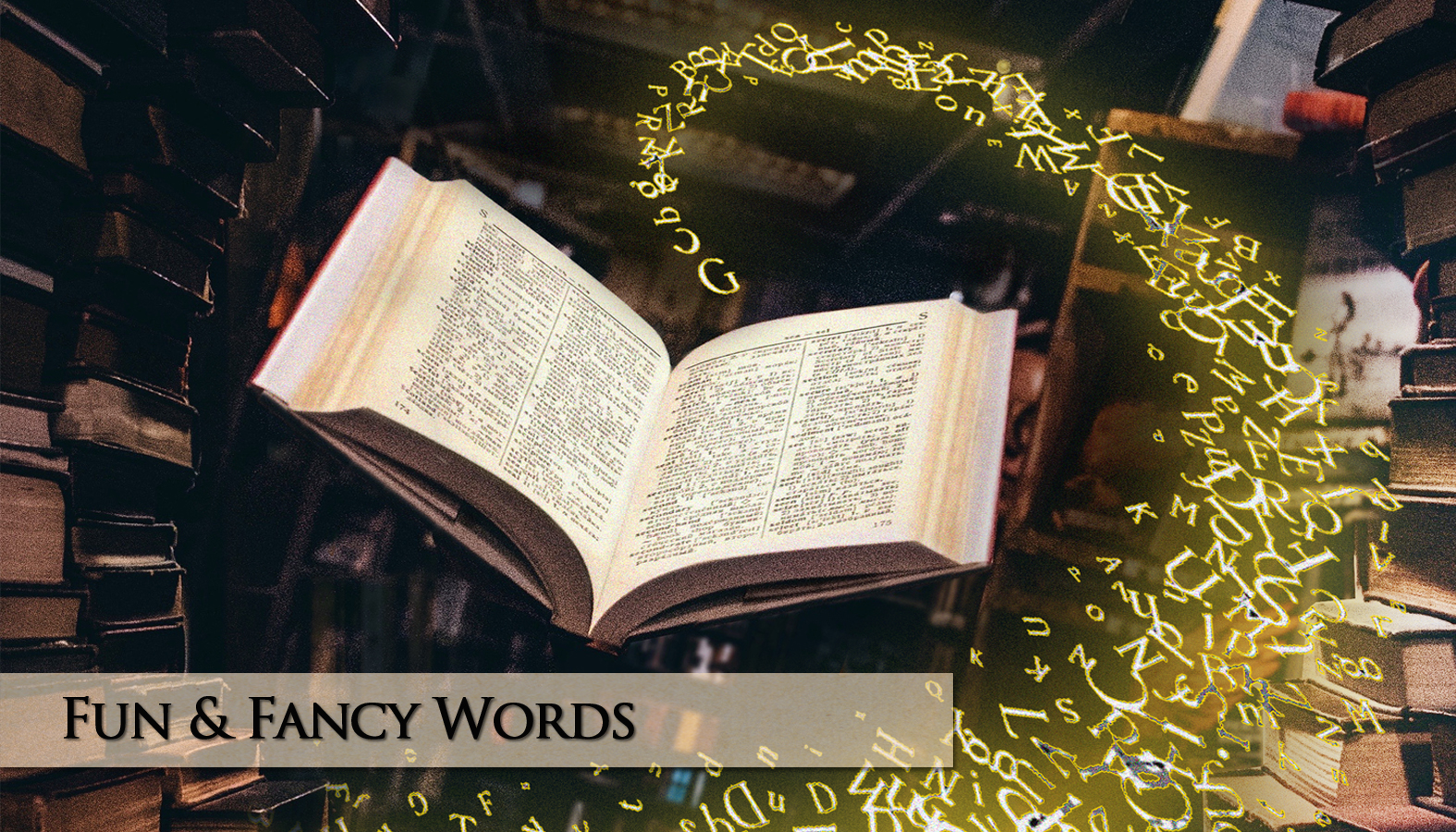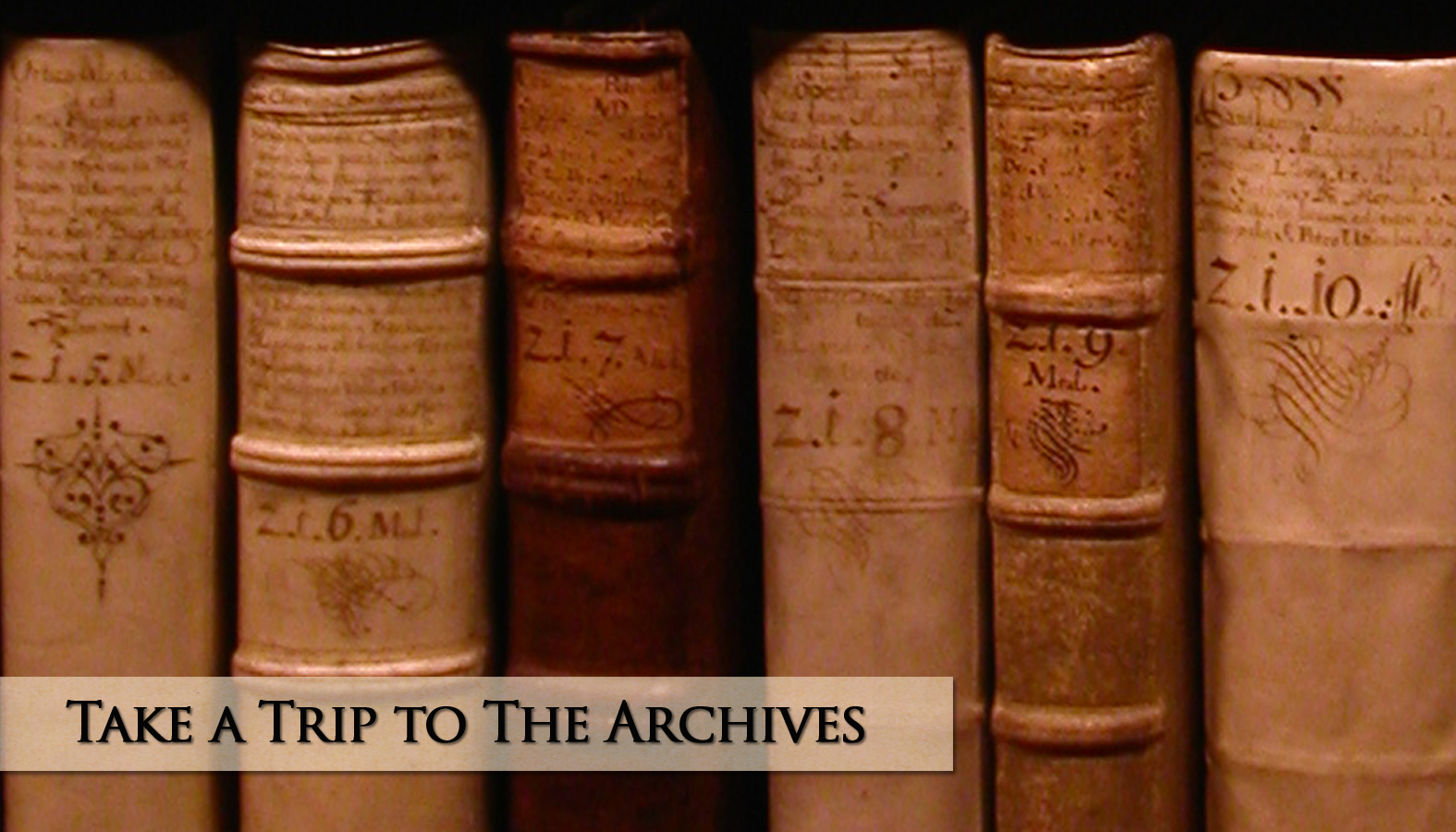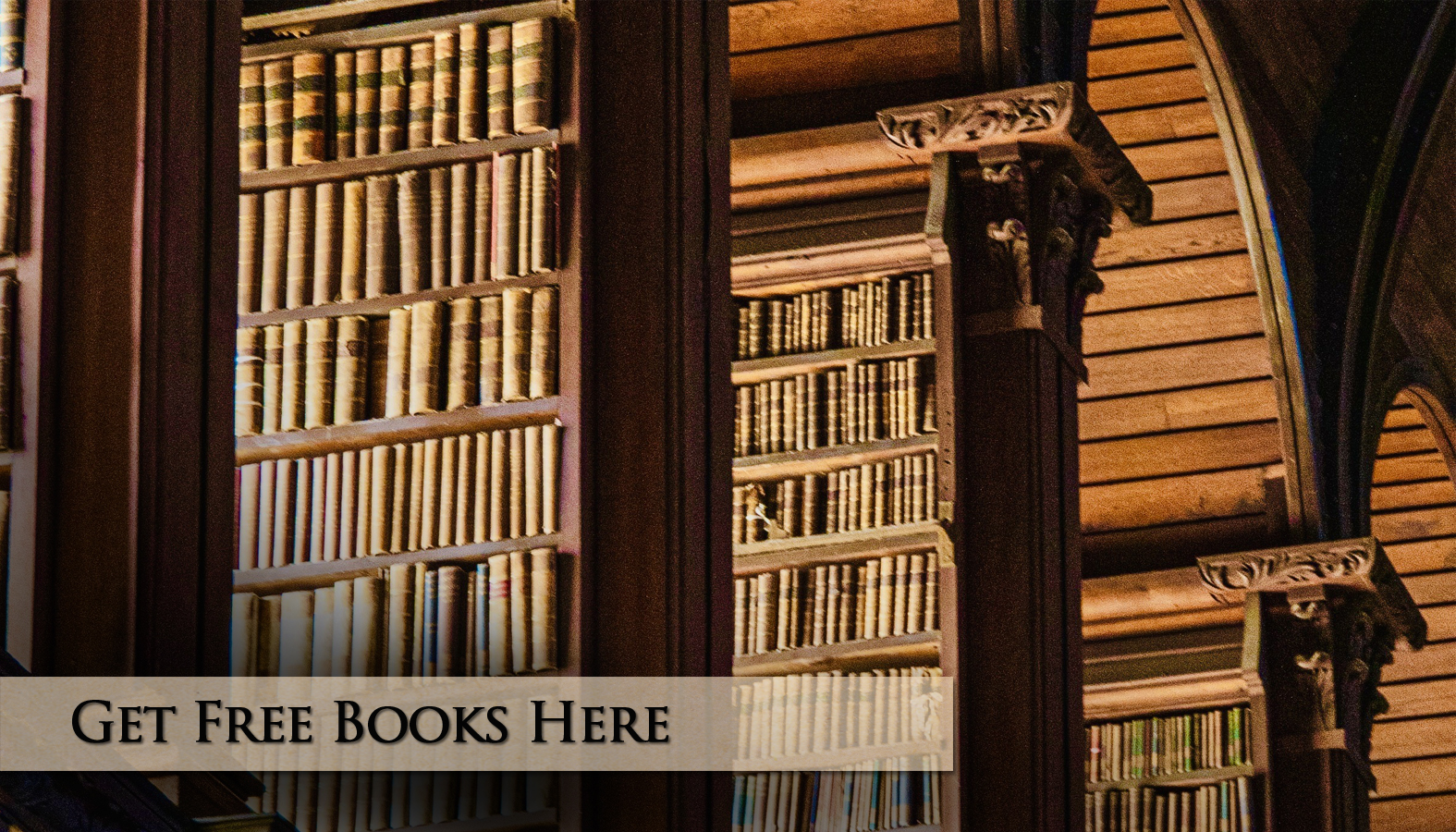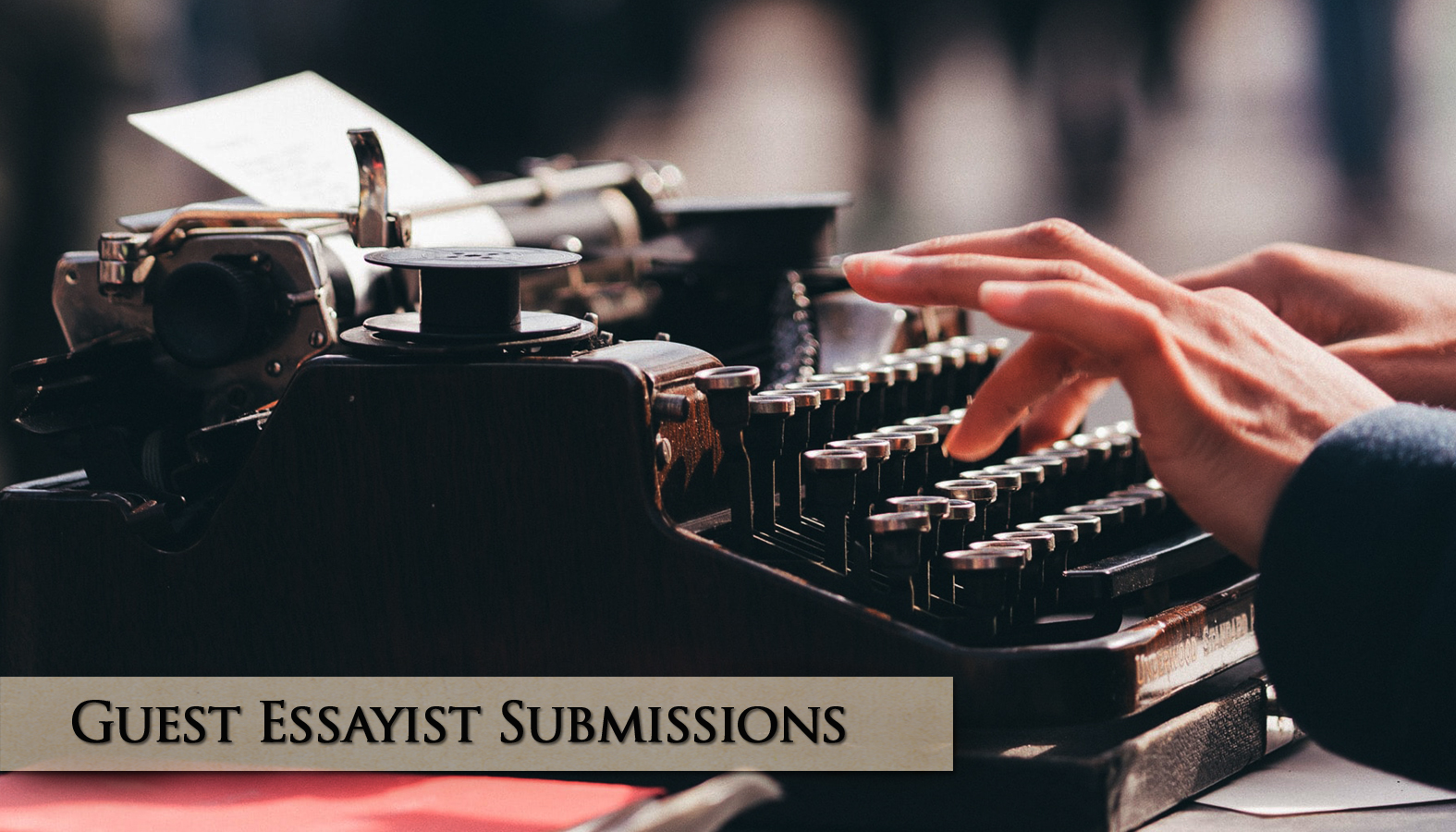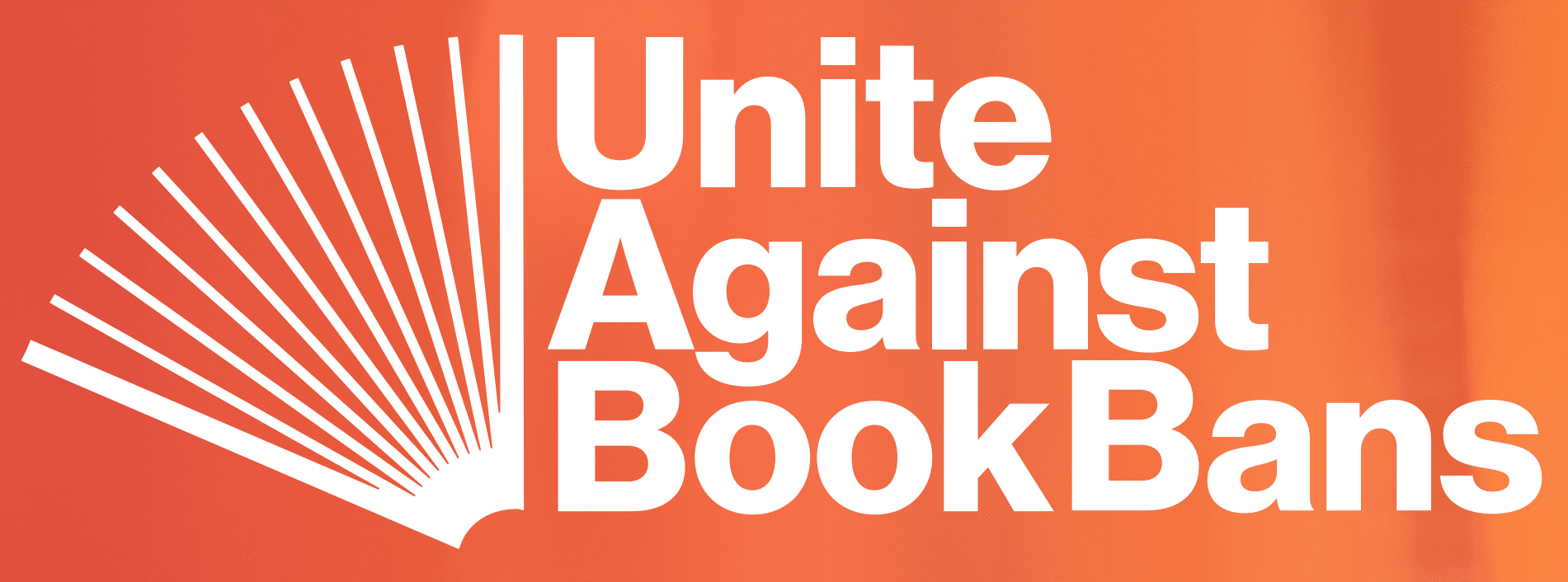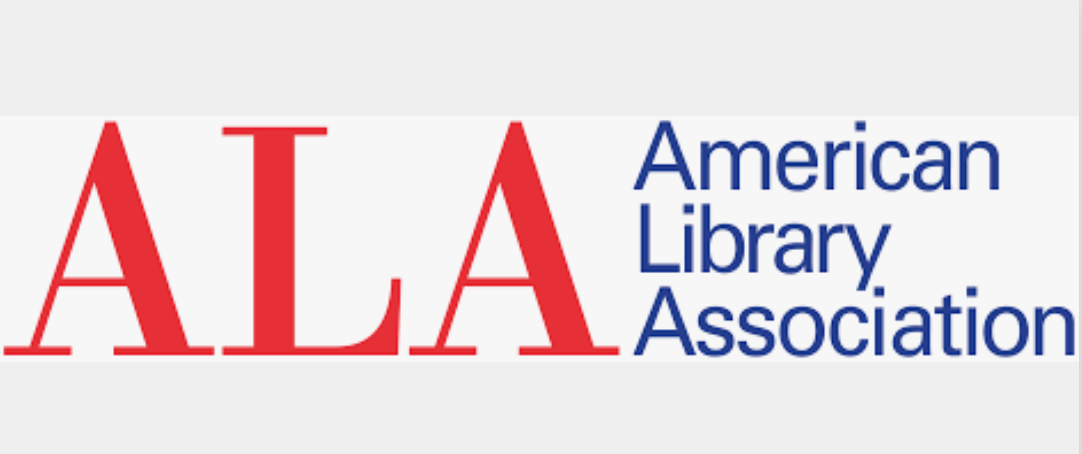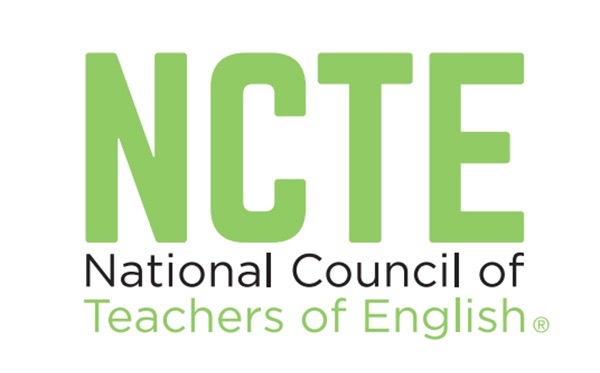Love Letters to the Library
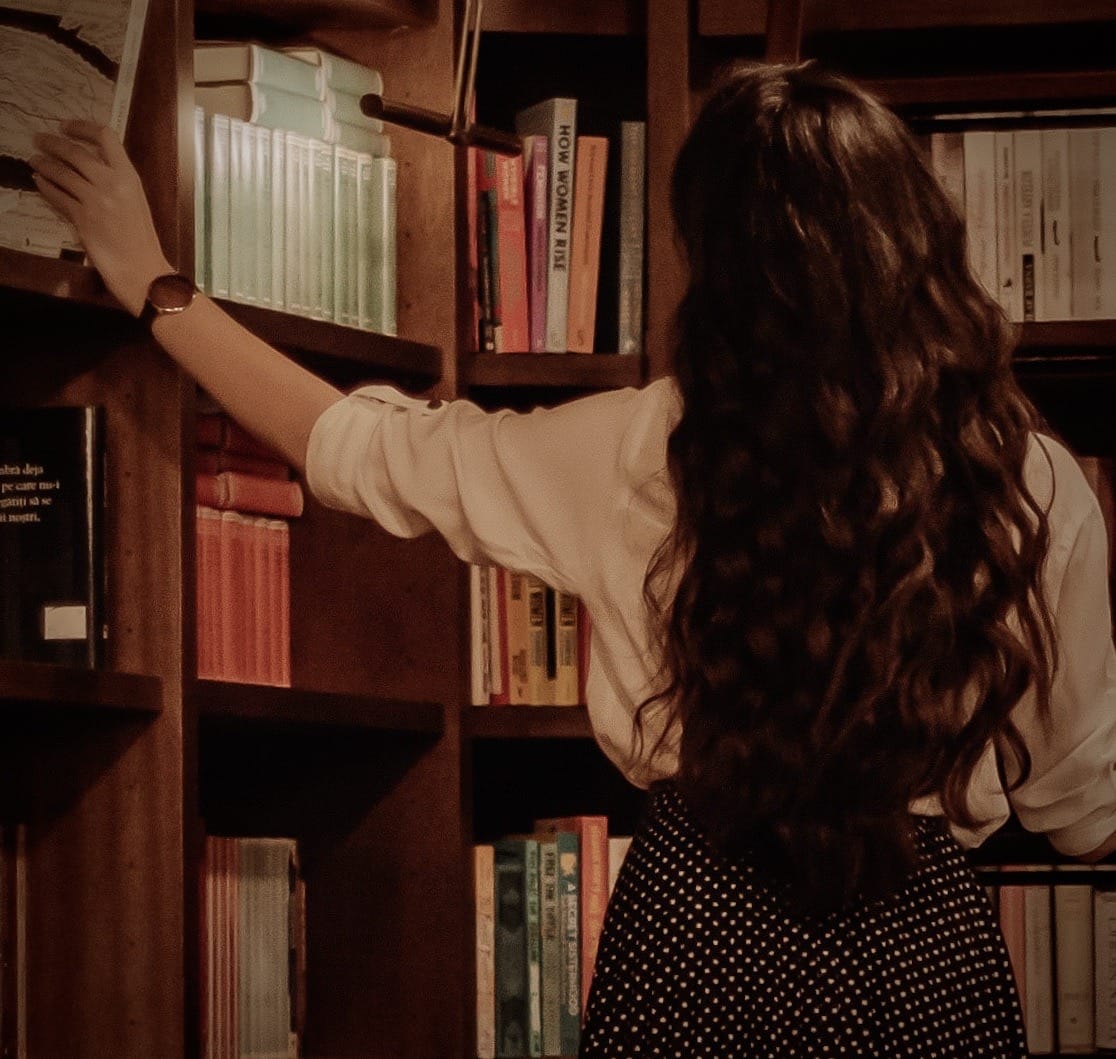
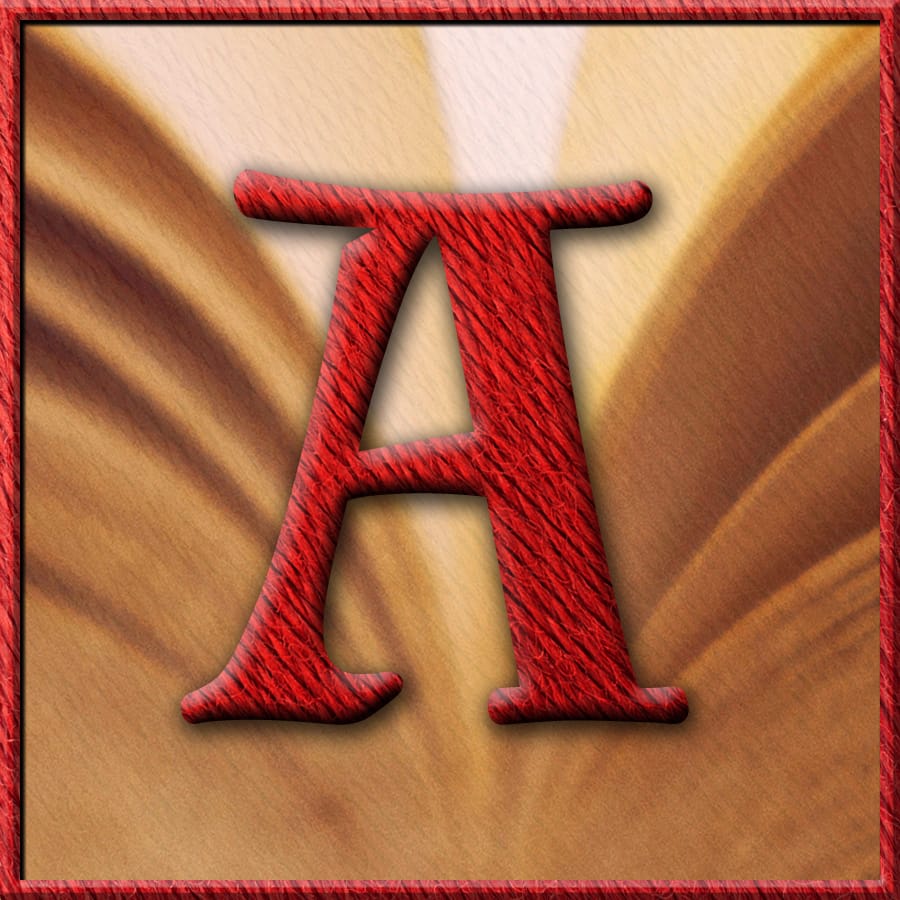 ndrew Carnegie hit the proverbial nail on the head when he said “a library outranks any other one thing that a community can do to help its people.”[1] He also noted:
ndrew Carnegie hit the proverbial nail on the head when he said “a library outranks any other one thing that a community can do to help its people.”[1] He also noted:
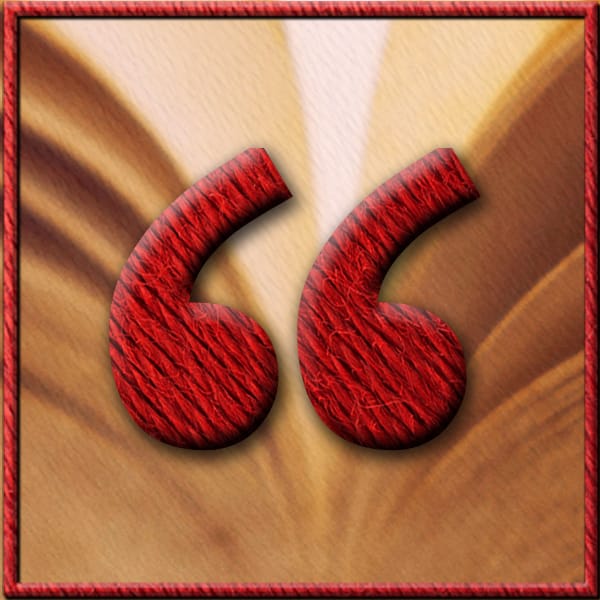
.
There is not such a cradle of democracy upon the earth as the Free Public Library, this republic of letters, where neither rank, office, nor wealth receives the slightest consideration.[2]
And Carnegie literally put his money where his mouth was. He built 2,509 new libraries around the world between 1883 and 1929 – 1,795 of which were in America. [3]
Though not a Carnegie Library, the first public library in Troy, Michigan opened in 1971. Shortly after its opening, the intrepid children’s librarian, Marguerite Hart, embarked on an endeavor to kindle a love of reading in the city’s youngsters, not to mention enthusiasm for their shiny new library. She initiated a good, old fashioned, letter-writing campaign, and invited dozens of cultural luminaries to share their views on why libraries are not just important, but essential. The children of Troy received 97 letters – from all 50 states and a myriad of different professions, including cultural icons like E.B. White, Neil Armstrong, and Isaac Asimov.
The entire collection has become known as Letters to the Children of Troy, and their contents serve to remind us what’s at stake when state-sponsored censorship comes into play.
For example, proposals in the Missouri legislature, one of which states that librarians would be “punished by a fine” of up to five hundred dollars or “by imprisonment in the county jail” of up to one year for providing “age-inappropriate sexual material”.[4] But who decides what material is “age-inappropriate”? As any parent will tell you, children’s readiness for any given subject matter is as individual as the kids themselves.
Another proposal requires libraries to create a parental review panel consisting of five residents who are not library employees. They are who would dictate what is “age-inappropriate” material.[5] And this panel would over-ride the “publicly available collection development policy, and well-established processes overseen by local boards for challenging materials” that “virtually every library in the country” already has in place.[6] As if that isn’t problematic enough, failure to establish this state-mandated panel of non-professionals results in forfeiture of state funding.
Then there’s Florida’s “Don’t Say Gay” bill, which has several Florida schools removing books from their libraries.[7] There’s also the Sunshine State’s “Stop Woke Act”, which restricts the discussion of hard historic truths that may make students feel “discomfort, guilt, or anguish” due to U.S. racial history – institutional slavery, for example, or how First Nations peoples were forced onto reservations, or that Japanese-Americans were put into internment camps during World War II.[8] Much to the dismay of their students, this law has teachers removing or covering all the books in their classroom libraries until they have been “vetted” by the proper authorities.[9]
As you read the following letters received by the children of Troy, note the difference between the suppressive and intellectually suffocating environment produced by these restrictions and what a library can be, should be, and is intended to be.

A library is many things. It’s a place to go, to get in out of the rain. It’s a place to go if you want to sit and think. But particularly it is a place where books live, and where you can get in touch with other people, and other thoughts, through books. If you want to find out about something, the information is in the reference books – the dictionaries, the encyclopedias, the atlases. If you like to be told a story, the library is the place to go. Books hold most of the secrets of the world, most of the thoughts that men and women have had. And when you are reading a book, you and the author are alone together – just the two of you. A library is a good place to go when you feel bewildered or undecided, for there, in a book, you may have your questions answered. Books are good company, in sad times and happy times, for books are people — people who have managed to stay alive by hiding between the covers of a book.[10]
~E.B.White~

Since the beginning of civilization, men have felt the need to reach out beyond themselves, to make the attempt to know other worlds besides their own and other people besides their own kind of people. But along with this need, men have found themselves trapped by their own limitations. Life is short, and even the strongest of us is weak; we cannot live in more than one world, we cannot break through the barrier of our own individuality. We are doomed to be ourselves, when we yearn to be everybody.
Man invented books to help him out of this dilemma. Through books we can realize, in part, our wild ambitions. Through books we can catapult our imaginations into those worlds that our bodies can never reach. When we read history we demolish the prison of time and become one with the men of the past. When we read books about science or politics or current affairs, we become one with those millions of our own contemporaries whom we will never see. Above all, when we read poems or plays or stories, we are drawn into the inner lives, the feelings and thoughts, of other souls we could never have imagined for ourselves.
A library, then, is the most important institution a civilization can create, the most important building a town can build. It helps us become more than ourselves, and this is the only way of being truly human.[11]
~James Yaffe – writer-in-residence at The Colorado College~

Congratulations on the opening of the City of Troy’s first public library, a facility that will serve and benefit you and your community. I urge each of you to visit it often and explore the books that line its shelves by reading them; for reading is a unique form of exploration that will enrich your lives. It is a special way to discovery and knowledge.
Each book holds an experience and an adventure. Your guide is the author. Through books you will meet poets and novelists whose creations will fire your imagination. You will meet the great thinkers who will share with you their philosophies, their concepts of the world, of humanity and of creation. You will learn about events that have shaped our history, of deeds both noble and ignoble. All of this knowledge is yours for the taking. It is something you will have always and that will grow in sharing.
Knowledge is fundamental to all human achievement and progress. It is both the key and the quest that advances mankind. The search for knowledge is what brought men to the moon; but it took knowledge already acquired to make it possible to get there.
How we use the knowledge we gain determines our progress on earth, in space or on the moon. Your library is a storehouse for mind and spirit. Use it well.[12]
~ Neil Armstrong ~

It is with great pride and sincere sense of dedication to the youth and future of our country that I take the pleasure of congratulating the City of Troy for its leap forward in providing and institution dedicated to the search for knowledge and understanding.
The youth of Troy in this generation, and in the generation to come, should avail themselves of these new facilities, so as to help them broaden their understanding about the past and present history of mankind. This is very important for, in books we will find recorded all that the human race has produced.
The youth of our nation should read about the civilizations and institutions that man has produced. Among them, they will find the horrors of war, the horrors of destruction, and the beauty of men and women who dedicated their lives for the search for peace and decency, and the construction of institutions dedicated to peace and humanitarianism. They will also find men and women who forged magnificent discoveries and inventions in the sciences, and those who dedicated their lives in order to help the less fortunate of our brothers in the planet earth.
Most important, they will find in books the beauty of the spiritual nature of man. Religion, poetry, art, culture, and the institutions which govern man. In these institutions let not our youth forget that the history of our country, with all the mistakes that have been committed, has been a history of progressive search for the model freedom and dignity of mankind. We all enjoy these freedoms, and it will be up to the generations who use our libraries to learn this lesson well, and to protect and add to the culmination of the great ideals of our Declaration of Rights and our American Constitution.[13]
~Luis A. Ferré, Governor of Puerto Rico

“The Child is father of the Man.”
In this paradox William Wordsworth perceives that the quality of youth today determines the excellence of man tomorrow.
In your minds, the seeds of truth, tolerance and wisdom abound. Reading will help them grow and flourish.
To the young readers of the City of Troy’s new public library, I send my best wishes.[14]
~Pierre Elliott Trudeau – Prime Minister of Canada~
.
And finally, a letter from Isaac Asimov:

Congratulations on the new library, because it isn’t just a library. It is a space ship that will take you to the farthest reaches of the Universe, a time machine that will take you to the far past and the far future, a teacher that knows more than any human being, a friend that will amuse you and console you – – – and most of all, a gateway, to a better and happier and more useful life.[15]
What could be considered an addendum to Asimov ‘s letter is the following sentiment from his autobiography:

Now, when I read constantly about the way in which library funds are being cut and cut, I can only think that the door is closing, and American society has found one more way to destroy itself.[16]
Restrictive legislation like Missouri’s proposed Protection of Minors rule, and Florida’s so-called Don’t Say Gay bill and Stop the Woke act undermine what libraries are all about.
Our children’s ability to gain insight into the “millions of our own contemporaries” James Yaffe speaks of is crippled. Our children’s imaginations are hindered for lack of access to the “poets and novelists” Neil Armstrong acknowledges, those “whose creations will fire” it.
Our children will be denied books that can help them work through dilemmas they may be grappling with, when they feel “bewildered or undecided” as they come of age. Depending on the nature of their questions, they could be deprived of essential information from “reference books – the dictionaries, the encyclopedias, the atlases” E. B. White mentions.
Shielding our children from hard historical truths dispels them of the understanding that, as Governor Ferré points out, despite its missteps, our country’s history has been a “progressive search for the model freedom and dignity of mankind,” one full of “men and women who dedicated their lives for the search for peace and decency”.
In short, when state-sponsored censorship – or any form of suppression for that matter – comes into play, the “seeds of truth, tolerance and wisdom” Pierre Trudeau alludes to cannot grow, and libraries are no longer the cradles of democracy they once were.

Endnotes:
[1] Gregorian, Varlan. “Remembering Andrew Carnegie’s Legacy.” American Libraries. September 30, 2019. https://americanlibrariesmagazine.org/2019/09/30/remembering-andrew-carnegies-legacy/
[2] U.S. House of Representatives Committee on the Judiciary Subcommittee on Courts, Intellectual Property and the Internet Hearing on First Sale Under Title 17. Testimony of Greg Cram – Associate Director, Copyright and Information Policy The New York Public Library. June 2, 2014.
Pg 6.
[3] A History of Public Libraries: Carnegie Libraries. Digital Public Library of America. https://dp.la/
[4] Missouri House Bill No. 2044. https://house.mo.gov/billtracking/bills201/hlrbillspdf/4634H.01I.pdf
[5] Missouri Proposed Rule: Library Certification Requirement for the Protection of Minors https://www.sos.mo.gov/CMSImages/AdRules/main/images/15_CSR_30_200_015.pdf
[6] Albanese, Andrew. “Missouri Proposes New ‘Protection of Minors’ Rule for Libraries”. Publisher’s Weekly. Oct. 20, 2022. https://www.publishersweekly.com/pw/by-topic/industry-news/libraries/article/90680-missouri-proposes-new-protection-of-minors-rule-for-libraries.html
[7] Legum, Judd. “’Don’t Say Gay’: Florida schools purge library books with LGBTQ characters.” Popular Information. January 5, 2023. https://popular.info/p/dont-say-gay-florida-schools-purge
[8] Florida Bill 2022148. https://www.flsenate.gov/Session/Bill/2022/148/BillText/Filed/HTML
[9] Negussie, Tesfaye and Rahma Ahmed. “Florida schools directed to cover or remove classroom books that are not vetted.” abcNEWS. https://abcnews.go.com/Politics/florida-schools-directed-cover-remove-classroom-books-vetted/story?id=96884323
[10] E.B. White. Letters to the Children of Troy. biblioboard open access. https://library.biblioboard.com/viewer/c7f90d47-3349-45aa-91ee-4c2d24dfb300
[11] James Yaffe. Letters to the Children of Troy. biblioboard open access.
https://library.biblioboard.com/viewer/d10a5ad7-569c-425a-9601-01ab0aaa053a
[12] Neil Armstrong. Letters to the Children of Troy. biblioboard open access. https://library.biblioboard.com/viewer/6a446f6f-4be3-40a6-9301-140ace92e2a3 (pg 1). https://library.biblioboard.com/viewer/6db75bf1-2f1a-4b9f-9e62-58c84412472c (pg 2)
[13] Luis A. Ferré, Governor of Puerto Rico. Letters to the Children of Troy. biblioboard open access. https://library.biblioboard.com/content/db4707d9-0e40-4d3d-bcc1-6fb07712bc63 (pg 1). https://library.biblioboard.com/content/9bc64821-cf73-4fa8-b03a-2ffad2cfd572 (pg 2)
[14] Pierre Trudeau. “Letters to the Children of Troy.” biblioboard open access.https://library.biblioboard.com/content/84c17dca-0336-453e-8688-3a95cbb6cc02
[15] Isaac Asimov. “Letters to the Children of Troy”. biblioboard open access. https://library.biblioboard.com/content/f5cdd443-8f09-421e-adcd-b9c50998263b
[16] I. Asimov: A Memoir. Bantam Books: New York, 1994. pg 29.
[17] Photo by sabina sturzu on unsplash.com.

